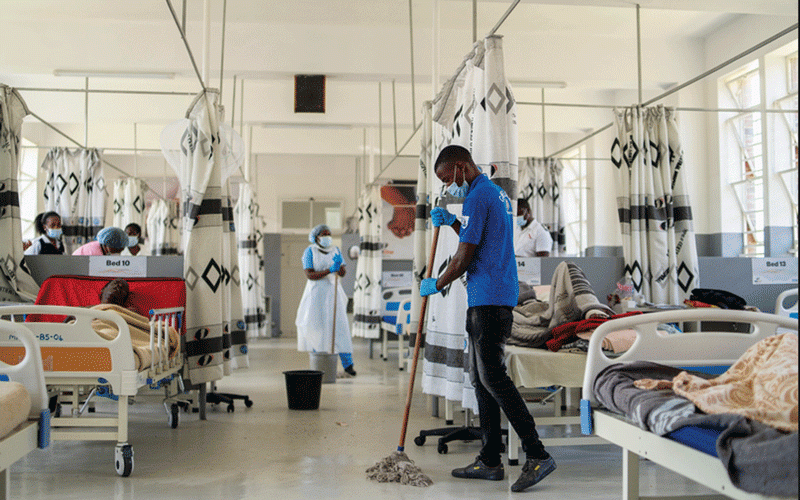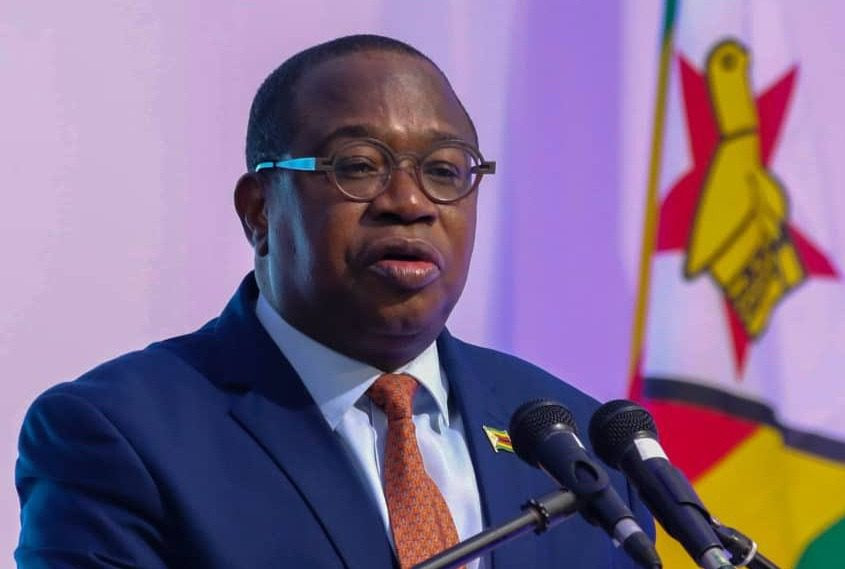
FOR long, private medical practitioners have been wailing and some have liquidated their practices and headed to first-world countries. Many practitioners have failed to take off and the tribulations have overshadowed the bright light.
Zimbabwe is one of the most revered countries in Africa with a favourable climate, over 60 minerals and peace. Everyone desires to stay in such a country. But alas, the level of human capital migration is unbearable. The country has faced both political and economic turmoil for the past 20 years, thus bringing uncertainty and risk to potential investors.
The medical sector has noticed sluggish growth and millions of dollars are lost every year to medical tourism in countries like India, South Africa, Australia etcetera. Zimbabwe’s private health sector has stood tall and firm to defend the country, especially during the peak of COVID-19 when public health institutions were grossly incapacitated. Everyone became a soldier, displaying sharp-stabbing spears that threatened COVID-19 itself. The end result was a clear victory against one of the most dreaded viruses of the century.
The diligence exhibited by medical practitioners deserves special mention. It was unfortunate to lose a good number of practitioners in their line of duty. The level of medical unity which arose during the COVID-19 peak shows why wars are easily won when all the fighters have conspicuous shared values.
Private medical practitioners have faced insurmountable problems in their areas of practice and the braggadocio exhibited by some of the players is nauseating. There are too many illogical rules that are thrown into the medical fray.
Many medical practitioners have faced problems with medical aid societies, respective councils and municipalities who in many instances want to portray a super-hero syndrome. It is not a secret that the supreme health authority is the Health Professions Authority (HPA) is supposed to coordinate and integrate the functioning and operations of the health professions and at the same time ensuring the provision and promotion of the enhancement of efficient professional services by members of the health professions.
For any medical institution to open doors, the HPA should carry out thorough inspections and if there are some issues to be attended to, the practitioner in charge is notified so that there is a robust redress.
HPA is the most respected body in medical practice. The most annoying thing is that after one is licensed by the supreme authority, the Association of Health Funders of Zimbabwe (AHFoZ), needs to carry out another inspection to ascertain the suitability of the health facility in the name of grading the institutions.
- Mavhunga puts DeMbare into Chibuku quarterfinals
- Open letter to President Mnangagwa
- Feature: ‘It’s worse right now than under Mugabe’: Sikhala pays the price of opposition in solitary cell
- Masvingo turns down fire tender deal
Keep Reading
Practitioners have been vilified left, right and centre and one wonders who wields more power between the regulatory authority or the association of health funders? The same medical aid societies flout payment regulations willy-nilly, some going for as long as six months without paying service providers. There are some medical aid societies that are chronically in the intensive care unit, yet they get their licences every year.
Some medical aid societies have been facing a myriad of payment challenges since time immemorial. A faltering business should have a turnaround strategy and it is flabbergasting why these medical aid societies remain a nemesis despite all the cries from the service providers.
Some councils have been giving intolerable misery to practitioners, tormenting private practitioners on the completion of Food Handlers forms.
Some councils have illegally fought to maintain dominance on the issue of certification of food handlers by strangulating private health practitioners. Instrument 41 of 1994 Public Health (Medical Examinations) (Food Handlers) Order 1994 states in section 3 that no person shall employ and no person shall undertake employment as a food handler unless he has been certified by a medical practitioner registered as such under the Health Professions Act to be free from Typhoid, Enteric fever and any other infectious diseases.
From this clause, a medical practitioner can be any medical practitioner, be they from the public or private sector. Why then do certain councils or municipalities terrorise private practitioners for certifying food handlers? Is it that the directors of health are above the law? Councils should remember that practitioners pay their licences for their practices and no one should monopolise such processes!
Practitioners should unite against unnecessary and wanton aggression by too many referees who make private practice unpalatable. The laws of the land should be respected!
- Johannes Marisa is president of the Medical and Dental Private Practitioners Association of Zimbabwe. He writes here in his personal capacity.






